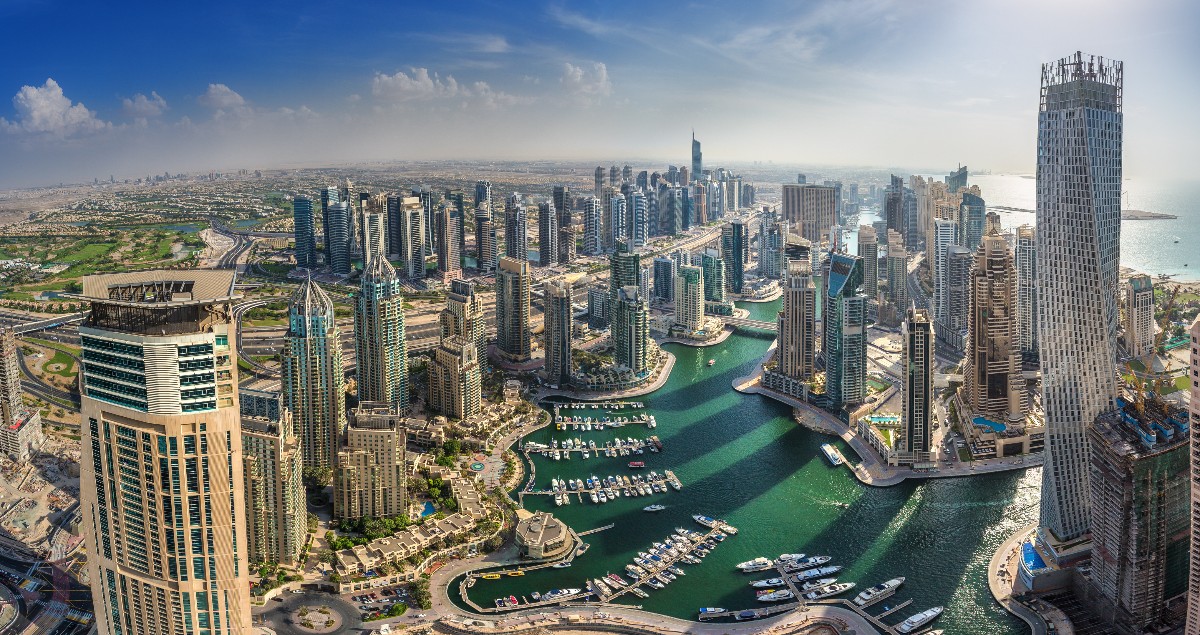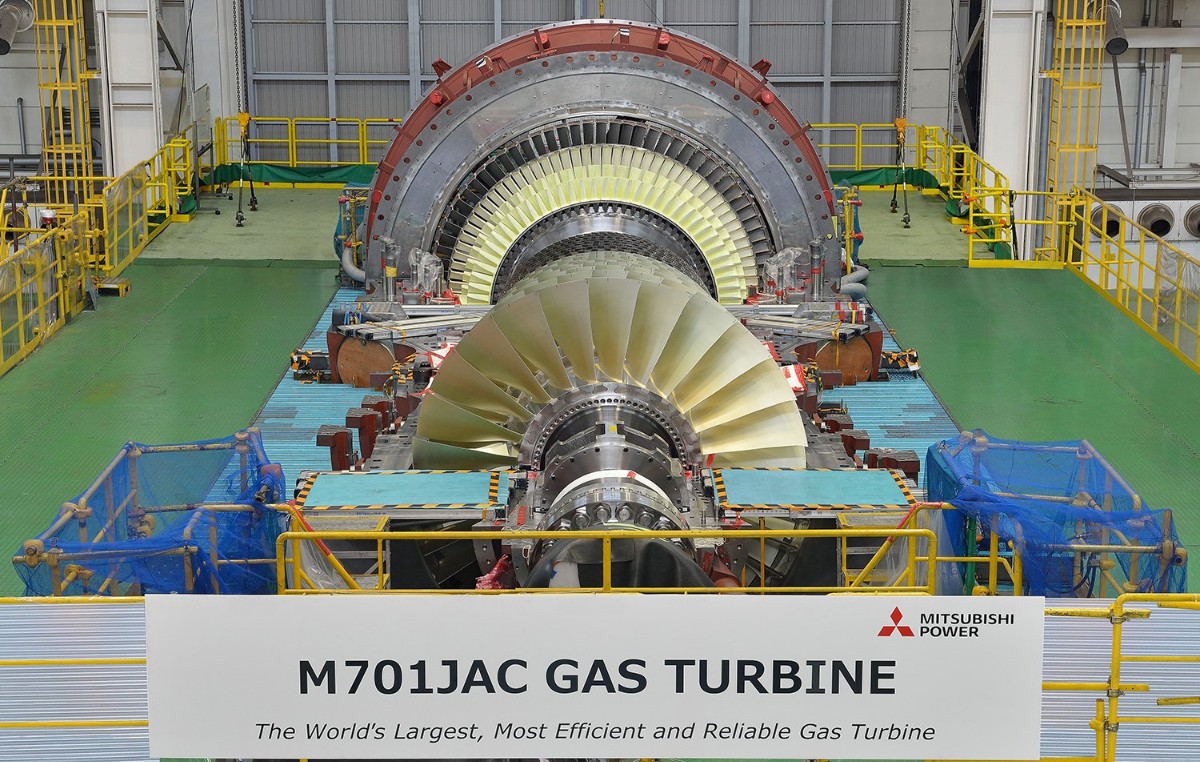Dynamic, diverse, determined: how MENA is driving its Energy Transition

This article was previously published in our newsletter, if you're not already a subscriber, sign up here.
It is no accident that the Middle East and North Africa (MENA) region has been chosen to host the key global climate change conferences in successive years, with COP28 in Dubai this November following COP27 in Egypt’s Sharm el-Sheikh in 2022.
The MENA region is one of the world’s most dynamic and diverse. Economic drivers vary widely, as do population density, socio-economic and urban development – resulting in different challenges and geopolitical realities. Some countries are blessed with vast wealth, others are war torn or still recovering from conflict.
And nowhere is the Energy Transition both more of a challenge and more of an opportunity at the same time, as hydrocarbon-rich nations are integrating feasible decarbonization strategies into their energy production value chains to future-proof their status as global energy export hubs, while other MENA countries are striving to leverage new and clean energy production technologies to reduce their reliance on fossil fuel imports and boost their energy security.
The region has proved itself especially agile and entrepreneurial, engaging global stakeholders to devise pathways to implement various technologies, from green hydrogen production to CCUS, hydrogen blending, and battery storage.
Above all, this is a market set for substantial growth as its power needs expand, with capacity additions of over 40 Gigawatts expected over the coming decade. Much of this will come in the form of natural gas, with regional utilities and heavy industry ordering modern gas turbine combined cycle (GTCC) systems.
From gas to green
Some new capacity will simply replace ageing, less efficient plants; but most will serve growing cities and new industrial projects. There is also an increasing need to add reliable, dispatchable gas power to stabilize electricity grids that are being fed more and more by intermittent renewables. And modern, hydrogen-compatible gas turbines, such as those developed by Mitsubishi Power, are fundamental to the clean energy plans being drawn up by most MENA governments.

Those national Energy Transition strategies are at widely different stages. Those in the United Arab Emirates (UAE), with its world’s largest solar plant, and Saudi Arabia, with its ambitious vision for NEOM, are well-developed. Others are still at an earlier stage. The strategies also vary depending on a country’s geographical inheritance, with Saudi Arabia, UAE, Egypt and Morocco among others making the most of their space, sun and wind to invest heavily in solar and wind power, with an eye on exporting electricity to Europe. By contrast, Algeria, given its vast natural gas resources, is planning a gas pipeline across the Mediterranean.
Increasingly, however, there are three common themes across the region. First, using gas and renewables to expand electricity generation at home, ensure energy security and start to reduce emissions - with some exports where feasible.
Second, a growing ambition to develop ‘zero carbon’ green hydrogen and ammonia capacity, mostly for export, though also to power local heavy industry and long-distance transport. Third, a growing interest in CO2 capture and storage at both power plants and large industrial facilities as another path to reducing emissions.
Japanese technology, local service
Given its suite of products and services, Mitsubishi Heavy Industries (MHI) is well positioned to help with all of these needs. Our large hydrogen-ready gas turbines, an area where we are the global market leader, are among the most efficient and reliable in the world. Customers are increasingly looking for power density: bigger units able to deliver more output from a smaller footprint.
More generally, MHI and Mitsubishi Power are established as energy leaders across MENA for our advanced technology and our service levels locally. Having a Japanese reputation for quality, a culture where reliability and extensive testing are as much part of the DNA as customer focus and transparency, supports regional expansion.

Following growing investment into local capabilities and resources over the past five years in MENA, we have been making consistent progress to position Mitsubishi Power as the power technology partner of choice: while gas turbines remain the cornerstone, almost all customers are now requesting hydrogen-compatible models – and welcome Mitsubishi Power’s leadership in this space, with gas turbines that are able to fire a 30% H2-fuel mix today, which will move to 100% by 2030. And half of all new project tenders include some kind of CO2 capture element. MHI’s global market share leadership and decades-long successful experience in CO2 capture systems also provide us with a strong advantage.
Pioneering projects
Gratifyingly, we have already won some landmark orders. Alba, the world’s largest single-site aluminum producer outside China, is installing one of our large, hydrogen-ready GTCC units to power its main smelter in Bahrain. It is also studying the deployment of CO2 capture technology at the same plant to fully decarbonize it. This will be the first application of large-scale CO2 capture in this industry and allow Alba to deliver the first green aluminum plant globally, when realized.
Meanwhile, our delivery of three large gas turbines to the Fujairah power plant will make this not only the largest in the UAE but also the most efficient natural gas plant across the region once the units are fully commissioned in 2023.
Such projects underline the speed and determination with which governments and industries across MENA are moving to decarbonize.
Ultimately, this is a region where promises, once made, are kept. It is a region with enormous natural and in some case financial resources, but also in terms of talent and initiative. Which is why I believe that the upcoming COP28 in Dubai will be the most successful such meeting yet, with a focus on collaboration and partnerships and recognizing the vital role of technology and the private sector in addressing climate change.
After all, if the MENA region can produce a successful Energy Transition, then that gives hope for the whole world.
Mitsubishi Power is a power solutions brand of Mitsubishi Heavy Industries.
Discover more about Mitsubishi Power in UAE





